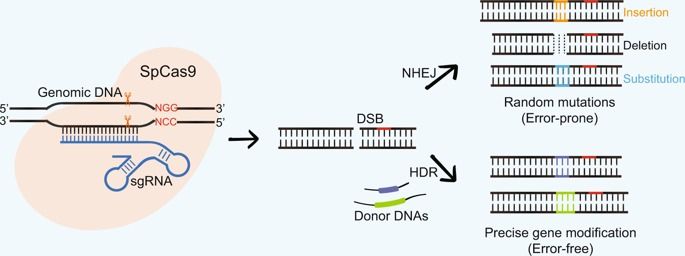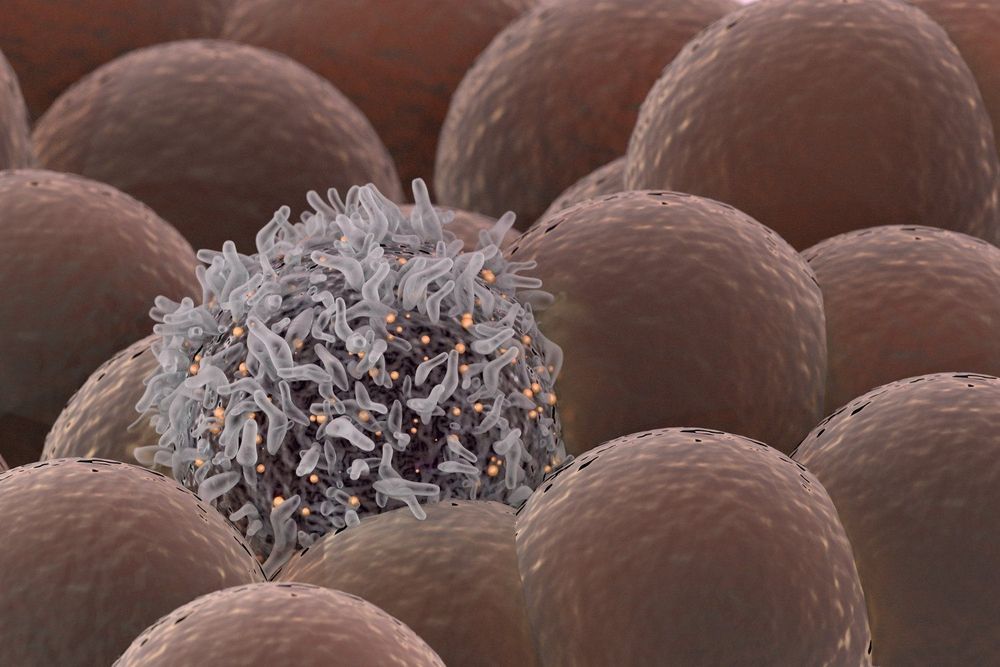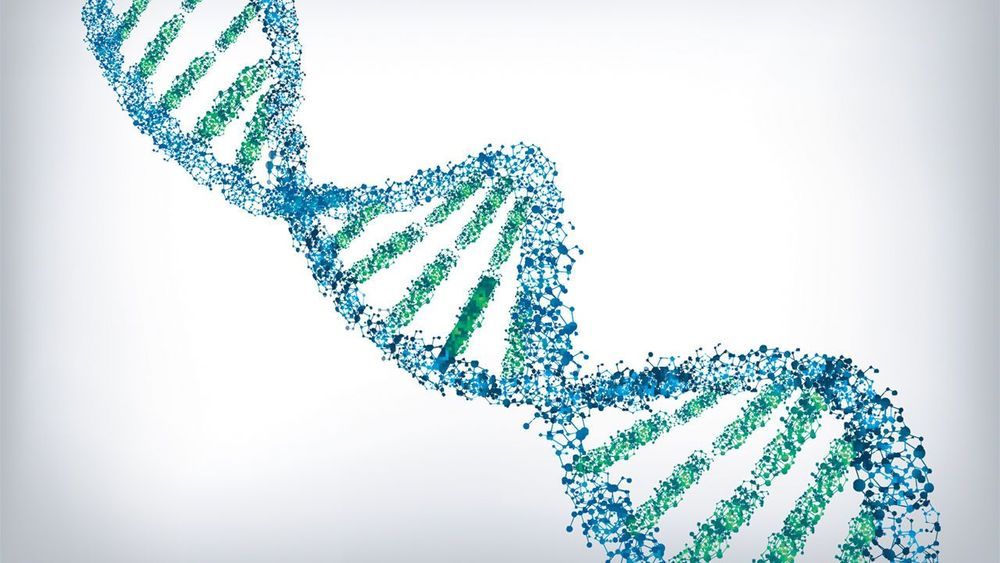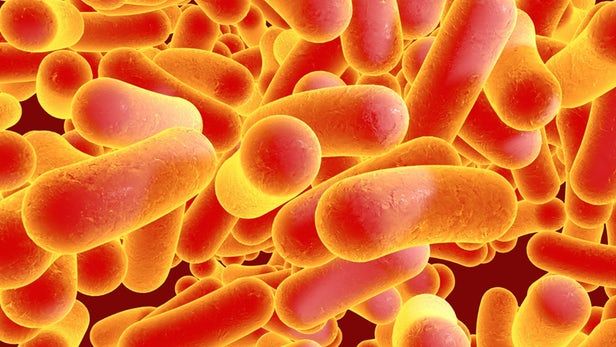Antibody drug conjugates (ADC) are generating excitement with a breast cancer treatment called DS-8201, which has few side effects.




We report that 3D-A-DNA structure behaves as a fractal antenna, which can interact with the electromagnetic fields over a wide range of frequencies. Using the lattice details of human DNA, we have modeled radiation of DNA as a helical antenna. The DNA structure resonates with the electromagnetic waves at 34 GHz, with a positive gain of 1.7 dBi. We have also analyzed the role of three different lattice symmetries of DNA and the possibility of soliton-based energy transmission along the structure.

Fruits are major sources of essential nutrients and serve as staple foods in some areas of the world. The increasing human population and changes in climate experienced worldwide make it urgent to the production of fruit crops with high yield and enhanced adaptation to the environment, for which conventional breeding is unlikely to meet the demand. Fortunately, clustered regularly interspaced short palindromic repeat (CRISPR) technology paves the way toward a new horizon for fruit crop improvement and consequently revolutionizes plant breeding. In this review, the mechanism and optimization of the CRISPR system and its application to fruit crops, including resistance to biotic and abiotic stresses, fruit quality improvement, and domestication are highlighted. Controversies and future perspectives are discussed as well.

Cancer cells can spread to other parts of the body through the blood. And now, researchers have developed a new kind of laser that can find and zap those tumor cells from the outside of the skin.
Though it may still be a ways away from becoming a commercial diagnostic tool, the laser is up to 1,000 times more sensitive than current methods used to detect tumor cells in blood, the researchers reported June 12 in the journal Science Translational Medicine.
To test for cancer spread, doctors typically take blood samples, but often the tests fail to find tumor cells even if they are present in a single sample, especially if the patient has an early form of cancer, said senior author Vladimir Zharov, director of the nanomedicine center at the University of Arkansas for Medical Sciences.

This review article extends previous scientific definitions of the biofield (endogenous energy fields of the body) to include nonclassical and quantum energy fields. The biofield is defined further in terms of its functional property to act as a resonance target for external forms of energy used as treatment modalities in energy medicine. The functional role of the biofield in the body’s innate self-healing mechanisms is hypothesized, based on the concept of bioinformation which, mediated by consciousness, functions globally at the quantum level to supply coherence, phase, spin, and pattern information to regulate and heal all physiologic processes. This model is used to explain a wide variety of anomalies reported in the scientific literature, which can not be explained by traditional biophysics and bioelectromagnetics.



In a new study, researchers have found that the zinc-finger transcription factor Slug is responsible for repressing p16Ink4a, a compound that promotes senescence in human tissue. The researchers suggest that Slug is worth exploring as a treatment for sarcopenia [1].
Satellite cells
Satellite cells are specialized stem cells that form new muscle cells when the muscle is injured [2]. Populations of satellite stem cells remain quiescent in normal muscle tissue, only becoming activated through physical damage of some sort. This allows the tissue to heal properly, restoring function and allowing for natural regeneration. However, in both humans and mice, old age leads to increased p16Ink4a, which causes defects in this regeneration [1].

Antibiotics were one of the most important scientific developments of the 20th century, helping to easily control bacterial infections and make previously life-threatening procedures and illnesses safe. But inversely, they might also be one of the biggest medical issues of the 21st century, as bacteria evolve resistances to our best drugs. Now, a bacterial gene that grants resistance to “last resort” antibiotics has been detected in a patient in the US, for the first time.